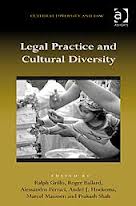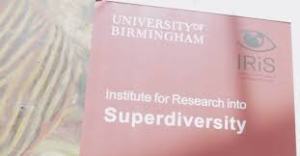When: 19 November 2014 – 1.00 to 2.30 pm. Where: 429, Muirhead Tower
Contemporary European societies are all in varying degree multi-ethnic and multi-cultural, and ‘superdiversity’ (or rather, ‘super-diversification’) in its various guises is a powerful way of characterising the processes through which that situation has arisen.
Currently however, there is widespread, acrimonious debate about diversity (especially cultural and religious diversity) and its limits, as may be observed in the media, in parliaments, in policy initiatives at local, national and international levels, and in the daily preoccupations of, for instance, social workers and teachers. The courts too, are among the institutions which must confront different beliefs and practices and their possible ‘accommodation’. Although in the past (and still to some extent), class and regional affiliation (Irish, Scots, Welsh), along with affiliation to religions such as Catholicism and Judaism, were associated with the cultural differences with which the courts were confronted, it is cultural and religious diversity (as well as perhaps ‘racial’ identity) associated with people of migrant or refugee origin (especially, but not only, Muslims), that is seemingly most problematic.
What has been the recent British perspective on the multiplicity of ‘other’ religious beliefs and practices which may enter into cases which come before the courts? What space is there for accommodation? What are its limits? And how are those limits determined?
To register for this seminar, please contact Ann Bolstridge, a.bolstridge@bham.ac.uk.
Event page here


